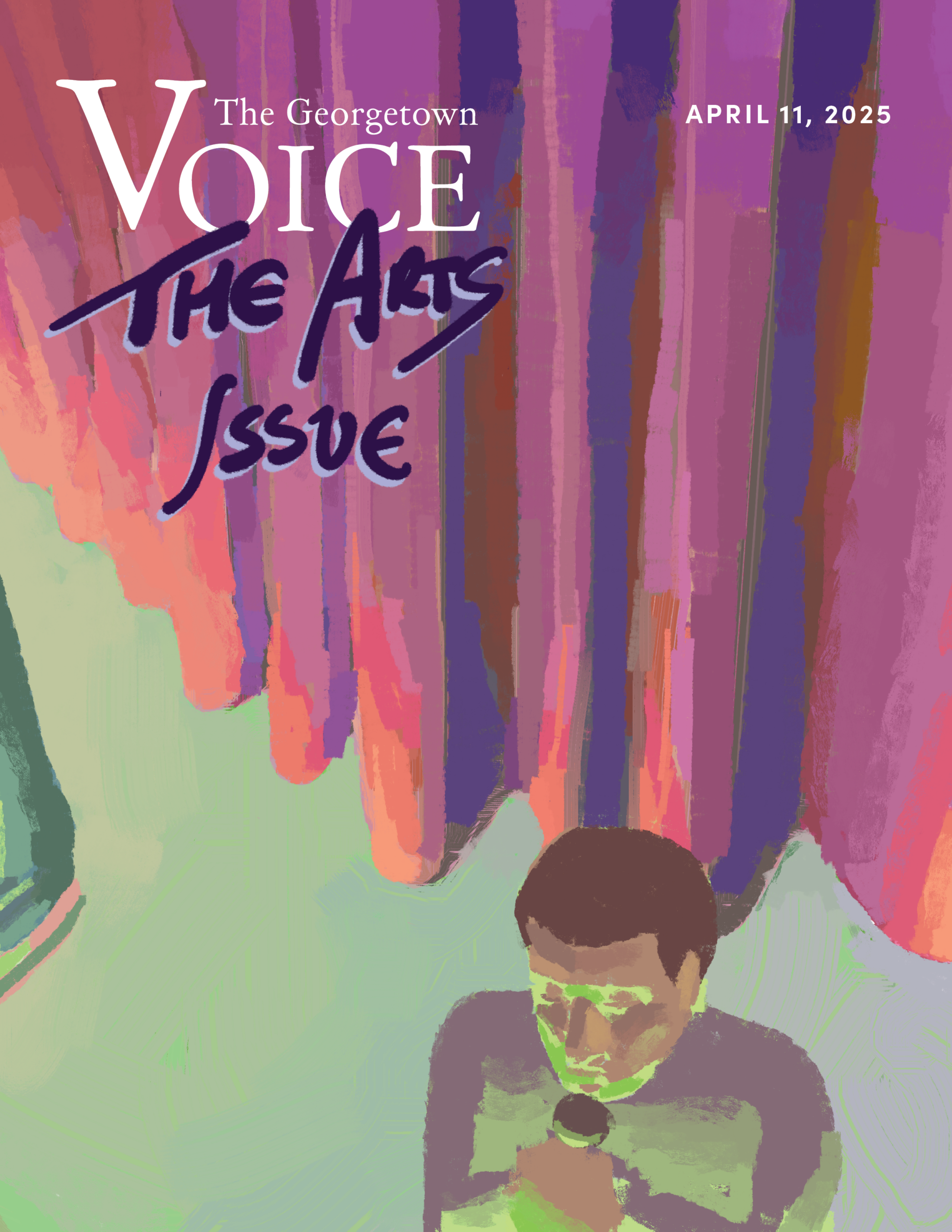As much as we Collegians, MSBers and NHS kids hate to admit it, Georgetown is best known, across the country and around the world, for being the home of the Edmund A. Walsh School of Foreign Service. And deservedly so: Foreign Policy recently ranked Georgetown as the fourth-best undergraduate program and the top graduate program for international relations, and the school counts Bill Clinton, George Tenet, and Jordan’s King Abdullah among its alumni. But the recent changes to the school’s language proficiency requirement threaten to produce less-prepared graduates and eventually damage the SFS’ top-notch reputation.
Over the summer, the SFS announced several changes to the foreign language proficiency requirement for its undergraduate degree. Instead of the old ranking system, proficiency will simply be noted as pass or fail on students’ transcripts, and students can now demonstrate proficiency in four different ways: by taking the traditional exam, minus the ranking; by being a native speaker; by taking the exam at the end of a Georgetown-approved, intensive summer program; or by completing a semester of direct matriculation at a foreign university as part of a Georgetown-approved study abroad program.
In the e-mail to SFS students, Dean Elizabeth Andretta wrote that “the language proficiency requirement, and the Map of the Modern World requirement, are signature pieces of the BSFS curriculum … changes in the mechanisms for establishing language proficiency are in no way intended to diminish the rigor of this requirement.”
Despite Andretta’s claim, though, it’s impossible to see how the proficiency requirement can maintain its current rigor with the new standards. The old exam forced SFS students to undergo intense studying and practice in order to earn an “excellent” or a “good,” knowing that the notation would appear on their transcripts; it’s unlikely that a pass/fail exam will elicit quite the same work ethic. The new “pass” designation lumps together students who just fulfilled the minimum requirements with those who can read, write, and speak almost fluently.
“I appreciate it because it groups me with people who might speak better than I do, but objectively it’s not as good a reflection of proficiency as the last system,” Chris Murphy (SFS `09) said.
Even a semester abroad, despite the direct matriculation, doesn’t prove proficiency: between tutors, special considerations for foreigners, and the prevailing attitude that study abroad is the easiest semester at Georgetown, even less-skilled students will often be able to squeak through.
As one of the top foreign service programs in the world, Georgetown’s SFS has little to gain and a lot to lose by lowering its standards for foreign language proficiency. The proficiency requirement sets the SFS apart from the myriad of international relations degrees across the country, for both prospective students and employers. The School of Foreign Service should reconsider its decision to weaken one of its defining characteristics.





